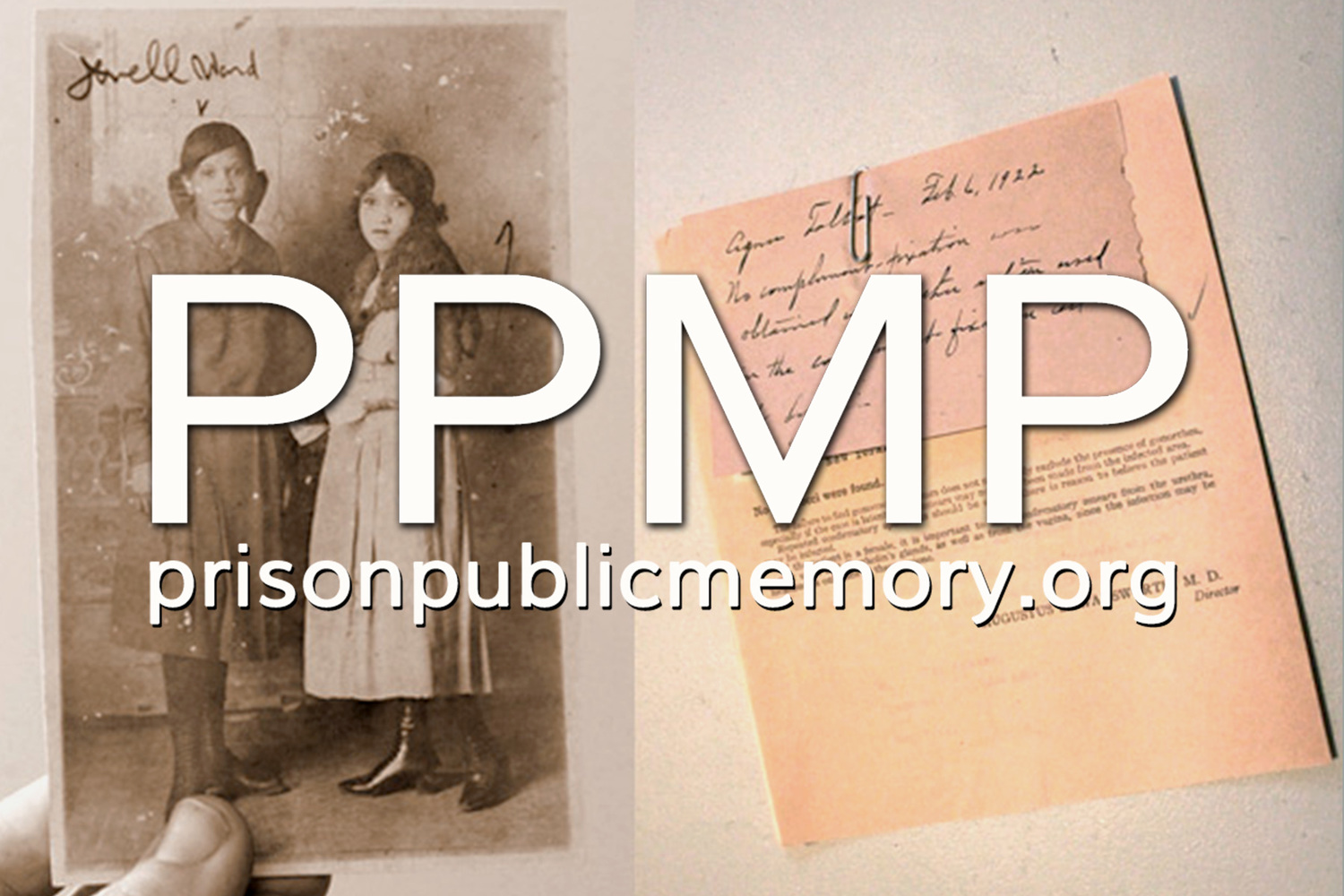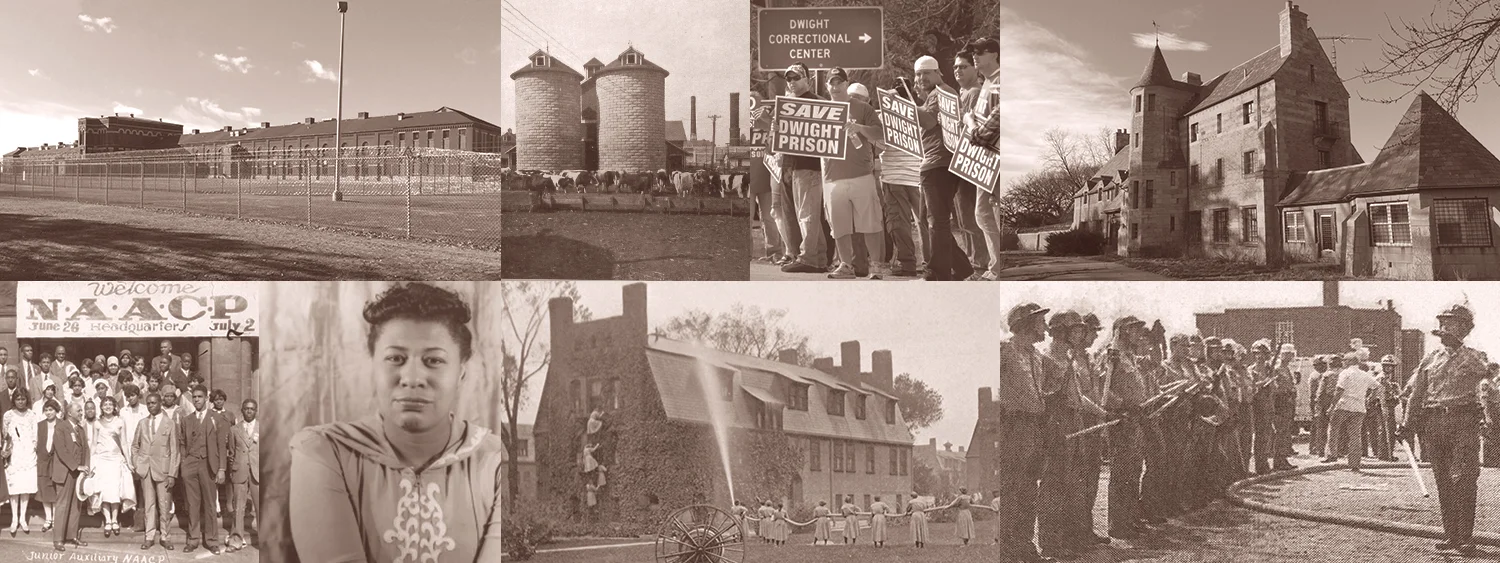Searching for Ella
/Nina Bernstein Remembers...
In the mid-1990’s, while researching her first book, Lost Children of Wilder: The Epic Struggle to Change Foster Care (Pantheon, 2001), New York Times reporter Nina Bernstein went to Hudson, NY. There she discovered a treasure trove of previously unknown information about the House of Refuge for Women and the New York State Training School for Girls.
Although famed jazz singer Ella Fitzgerald was not the subject of her book, Bernstein found out that Ella had been held at the Training School and subjected to cruel treatment. In this transcript excerpt from an audio interview of Bernstein conducted by public historian Kathleen Hulser for the Prison Public Memory Project in 2012, Bernstein talks about searching for Hudson prison records…
One of the most tantalizing pieces of information that I got from a former employee was the director, the former director of psychology, Gloria McFarland, told me that she had looked into these old records, records from the twenties and thirties that used to be stored in old wooden filing cabinets.
She was the one that told me that Ella Fitzgerald had been held there… Gloria McFarland told me about these rich records and I wanted very much to find them. Supposedly the records had been sent to the State Archives or to the main library there in Albany when the institution closed and turned into a men’s prison. But when I turned to the State Archives they said they didn’t have any such records.
Eventually I had to go back and try to retrace where these boxes had gone. I found, you know, the address of the state office building where they had been sort of, all this stuff had been left for a long time. I found the guy who was in charge, I mean this painstaking kind of thing, and where it led was back to the State Archives. So this time when I went back to them, maybe I was more insistent or something, but they looked harder and lo and behold these records, these ledgers with the oldest records about these women, these records were in a basement set aside and never catalogued. They had forgotten they had them.
…They wheeled this cart with these ledgers stacked on them and I felt I was really the first person in one hundred years to go through them…
The records that Gloria McFarland told me she had read about Ella Fitzgerald were destroyed on the order of the state. I actually talked with this man who had been in charge of these records and who described how sometimes he would get letters from people who were trying to get Social Security but because they had been born at the institution they had no birth certificate. He helped them do that. But on the other hand he was opposed; he thought it was absolutely right that they destroy the records because it was nobody’s business.
He remembered also having gotten a call in the seventies from the Secret Service. Someone was, some sixty-year-old woman had applied to be a cook and there was, she had been held as a child in Hudson, apparently as a two-year-old. She was some little kid, somebody’s little kid and she had been there and they wanted the record because it was like a bad mark on her. He told me that story with the idea that it was good that these things were destroyed because they shouldn’t haunt people after the fact. But of course for me and for anybody who’s in any sense a historian the thought of those records gone, because they tell you so much about society’s expectations. I mean it’s really…expectations and infamies.
There are just so many people who shared, who shared resources. David Rosner, a historian at Columbia University now who was about to publish a book called Children, Race and Power, he gave me a whole store of documents from Justine Wise Polier that included her inspection in the thirties. She had gone up to inspect Hudson and she was the one who found the Black girls were in a segregated cottage where they were being beaten by men. This was the cottage that Ella Fitzgerald had been in…
It wasn’t long before Bernstein had an opportunity to use the information she discovered on Ella. In 1996, Ella died and Bernstein wrote about her and this hidden chapter in her life in an article published by the New York Times, "Ward of the State: The Gap in Ella Fitzgerald's Life."

